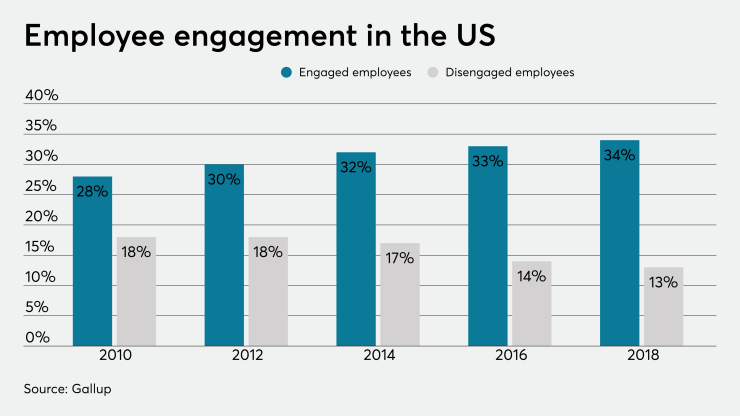The millennial employee is projected to make up 50% of the workforce by 2020, according to Inc. As this influx of millennial employees begins to take over far-reaching industries, companies, large enterprises and HR Managers are getting creative in their benefit options to help keep their employees working, happy and staying put.
With turnover higher than it’s been in years, employers recognize the need to offer competitive voluntary benefits to attract and retain top talent. Hubs like Silicon Valley lead the pack when it comes to unique benefit solutions. At companies like Facebook, Amazon, and Instagram the goal is to maintain loyal employees, and in turn, employees stay loyal to them.
Almost 50% of millennials would leave their job if given the opportunity, according to a recent study by Deloitte. That turnover percentage that could cost the U.S. economy over $30.5 billion per year, according to Forbes.
So, what is the trick to keeping millennials at your company? Is it offering perks like beer happy hours, unlimited vacation, or in-office gyms? Truth is, it is individualized — which means knowing your employees. Over the last two years, we have seen first-hand an increase in employer inquiries seeking to offer their employees pet insurance as a voluntary benefit.
Dogs now equal the number of children in one leading tech epicenter, San Francisco, according to the New York Times. This is making pet insurance a trending topic amongst corporate giants, and other CEOs are catching on.
For employers who are considering adding pet insurance to their voluntary benefit offerings, there are several crucial things to consider. But what should be at the top of this list is your employee’s expectations and needs. By listening to your employee’s immediate needs and desires in order to increase workplace productivity and culture, CEOs can better understand the benefits their employees are seeking.
Knowing your demographic will help you to offer specifically tailors and attractive benefits that will make employees want to stay with the company. Millennial employees will stay loyal to an employer if they know the employers is meeting their needs.
More often than not, employees don’t even know what benefits they could be taking advantage of. That’s because their employer isn’t actively promoting them. By first assessing your employees’ needs, you become an advocate for your employees and encourage them to then be an advocate for you. In a time where benefits and work perks are a popular talking point amongst millennials, they become a selling point for new talent looking for their next position. By being a transparent employer, you are helping your employees actually take advantage of the benefits you are offering. After all, they are there for a reason.






